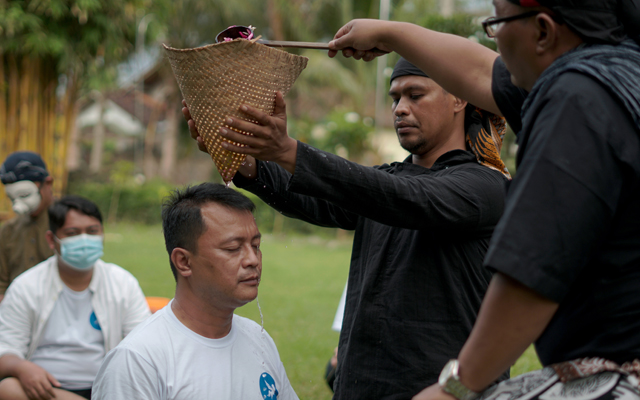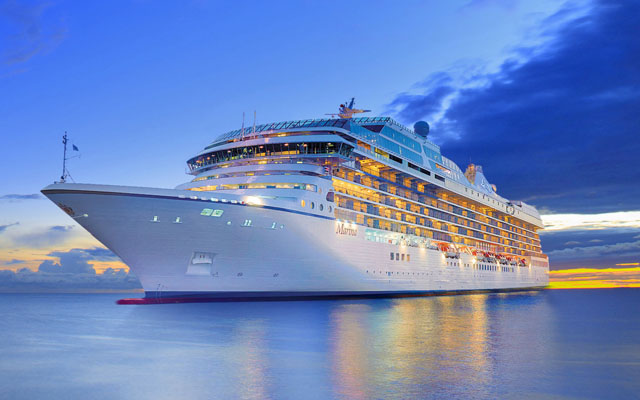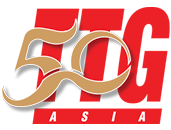Special interest tourism has been given a renewed focus by the Indonesian government, as mass tourism gives way to personalised and immersive travel experiences.
With expectations that post-pandemic travellers will crave personalised tours that are customised, localised and smaller in size, Indonesia’s Ministry of Tourism and Creative Economy (MoTCE) has developed a suite of special interest products and different marketing strategies to capture the new market.
Rizki Handayani, deputy minister for tourism products and events, said the pandemic has triggered rising demand for special interest tours – once eclipsed by the ministry’s prioritisation of mass tourism, but is now being given renewed focus, with an aim of revitalising and strengthening those product offerings.

Adventure Outlook 2022 survey, for example, showed that 99 per cent of over 2,000 Indonesian respondents wanted to take adventure trips post-pandemic.
Cahyo Alkantara, chairman of the Indonesia Adventure Travel Trade Association, said: “(At the beginning of the pandemic,) adventure tourism was projected to be the last to recover, but it turns out now that it will be the first to come back strongly as travellers are looking for outdoor activities.”
One indicator is the mushrooming of upmarket camp and camper van sites in places like Ciwidey, Bandung; Puncak, Bogor in West Java; as well as Purworejo and Semarang Regencies in Central Java.
Some travel companies like Exotic Java Tours have turned some of their vans into camper vans, while transportation companies such as San Group have rushed to produce them.
However, nature and adventure are not the only segments the MoTEC is zooming in on. The ministry is also developing products themed around concepts like heritage, ecotourism, medical and wellness, gastronomy, marine and diving, Muslim-friendly, and village tourism.
On the heritage front, the ministry recently launched the Borobudur Trail of Civilisation, a collection of nine thematic travel products, namely, Waluku: Cultivating Civilisation, Skilled Hands, Body and Soul, Tropical Flora’s Wonderland, Walking with Stars, Sudhana Manohara: The Eternal Love Story, Journey of the stones, Jalaka Fable Stories, and Music and Rhyme.
The concepts of all nine activities are built around the reliefs found at the Borobudur temple.
Rizki said: “The Borobudur Temple reliefs tell more than the Buddhist teachings. You find love stories, wellness, music, astronomy, and many more depicted on them. The temple is actually a universal ‘library’ which can tell many stories that can appeal to travellers of different interests.”
Arya Galih, coordinator product and promotion of cultural and man-made tourism at MoTCE’s Special Interest Tourism Directorate, said: “The relief of Princess Maya having a massage treatment by her ladies-in-waiting showed that wellness treatment through massage and herbal medication to keep the royalty fit have existed during and even before the Ancient Mataram Kingdom time.”
Based on this, the Body and Soul product is developed by empowering the local community and maximising local Balkondes, which are lodgings built in cooperation between the village community and state-owned companies.
Rizki said: “There are 15 Balkondes – and instead of just offering accommodation and a tour around the vicinity, we would like to add different experiences based on the reliefs. One lodging which offers traditional massages, for example, will receive story content, (assistance to) create the (spa) menu, and trainings for the masseuse guides from us. So will other Balkondes offering different experiences.”
Meanwhile, Waluku: Cultivating Civilisation immerses guests in the traditional process of growing rice. In Skilled Hands, visitors learn earthenware pottery and batik painting.
For the more adventurous, the Tropical Flora’s Wonderland takes them hiking and identify flora found at the reliefs, while Walking with Stars is a camping experience to learn about astronomy and its relation to the temple.
Such travel products will be developed particularly in the five super priority destinations, including Borobudur, in line with the goal of creating new attractions in these destinations. In Toba, experiences at the Toba Geopark will be based on the heritage theme; while Yogyakarta-Solo-Semarang (Joglosemar), the supporting clusters of Borobudur in Central Java, will boast offerings with wellness at its core.
Rizki said: “When we talk about herbal medication, there is no better place (to promote it) than Central Java. Big jamu (herbal drinks) plants are located in this province.”
At the same time, MoTCE will expand the range of such products in other destinations, such as Bali, a health and wellness hub; Jakarta, an emerging medical tourism destination, as well as Medan and Surabaya, home to 15 prominent hospitals collectively.
Market-wise, Rizki said that due to their niches, the most effective way of promoting these products is through special interest trade shows and sales missions, once travel resumes.
In the meantime, travel products are being developed with experts on the different categories and the special interest travel industry.
According to Rizki, as 70 per cent of the ministry’s focus next year will still be on the domestic market, it will trial the programmes domestically, while raising awareness for them in overseas markets.




















